For travelers and expats in Thailand, the ride-hailing landscape has long been dominated by Grab. The Singapore-based superapp maintains a near-monopoly in most Southeast Asian markets, offering convenience at a premium price. But a quiet revolution is brewing on Bangkok's streets – local apps now provide identical services at half the cost, if you know where to look.
The price difference isn't subtle. A typical 10km ride across central Bangkok might cost 250-300 THB ($7-8.50) on Grab during peak hours. The same journey on homegrown platforms like MuvMi or Robinhood often comes in under 150 THB, sometimes as low as 120 THB for shared rides. These aren't promotional rates – it's the everyday pricing structure that's allowing Thai drivers to keep more earnings while passing savings to customers.
How can local apps undercut Grab so dramatically? The answer lies in their stripped-down business models. Unlike Grab's sprawling ecosystem that includes food delivery, digital payments, and financial services, Thai apps focus solely on transportation. This eliminates the "tech tax" that funds Grab's other loss-leading ventures. MuvMi's CEO Sompoch Sintunava put it bluntly: "We're not trying to build a unicorn. We're trying to move people affordably."
The user experience reveals another key difference. Grab's algorithm prioritizes surge pricing during rains or rush hours – a notorious pain point for users. Local apps employ simpler fixed-rate systems based on distance, with modest 10-20% premiums during extreme weather. During recent monsoon floods, Robinhood kept prices stable while Grab fares tripled, creating viral backlash on Thai social media.
Driver incentives tell part of the story too. Grab takes 20-30% commission per ride, forcing drivers to work 12+ hour shifts to earn decent wages. Thai apps cap commissions at 15%, with some like Taxi OK (backed by the Bangkok Metropolitan Administration) taking just 5%. This explains why an increasing number of drivers run local apps alongside Grab, often canceling Grab bookings when they get better local app fares.
Payment methods highlight cultural adaptation. While Grab pushes cashless transactions, Thai apps overwhelmingly accept cash – crucial for a population where 67% remain unbanked. MuvMi even allows payment via TrueMoney wallet at 7-Eleven stores, aligning with Thailand's informal retail economy. This accessibility fuels adoption among older Thais and rural migrants who find Grab's digital requirements daunting.
The environmental angle surprises many. Grab's algorithm often sends drivers 10-15 minutes to pick up passengers, creating unnecessary emissions. MuvMi's electric tuk-tuk fleet uses geofencing to only accept nearby rides, reducing dead mileage. Their bright orange three-wheelers now complete over 50,000 emissions-free trips daily in Bangkok – a fact the app proudly displays alongside carbon savings for each booking.
Safety features reveal localized thinking. Where Grab offers standardized emergency buttons, Robinhood integrates directly with Thailand's tourist police hotline and provides real-time driver fatigue monitoring. Their "Lady Service" option – female drivers for female passengers – has seen 300% growth since launch, tapping into cultural comfort factors Grab's global template overlooks.
Adoption rates are telling. While Grab still leads in tourist areas, local apps dominate Thai residential neighborhoods. Silom office workers now share MuvMi promo codes like currency, while Robinhood has become the unofficial ride choice for Bangkok University students. The apps' Thai-language interfaces and lack of international marketing keep them somewhat hidden from tourists, creating an "insider's advantage" for expats in the know.
Challenges remain. Local apps have fewer English-speaking drivers and less coverage in remote provinces. Grab's vast driver network still wins for reliability in odd hours. But with Thai VCs now funding homegrown alternatives and the government supporting local tech, the balance may shift. As one Bangkok taxi driver told me while switching off his Grab app: "Why feed money to Singapore when we can build our own?"
The implications extend beyond transport. Thailand's ride-hailing scene demonstrates how local tech can outmaneuver global giants by prioritizing cultural fit over scale. For travelers willing to step outside the Grab bubble, the rewards go beyond savings – it's a chance to experience Thailand's digital economy as locals do, one affordable ride at a time.

By Sophia Lewis/Apr 11, 2025

By Joshua Howard/Apr 11, 2025

By Grace Cox/Apr 11, 2025

By George Bailey/Apr 11, 2025

By Samuel Cooper/Apr 11, 2025

By Sophia Lewis/Apr 11, 2025

By Megan Clark/Apr 11, 2025
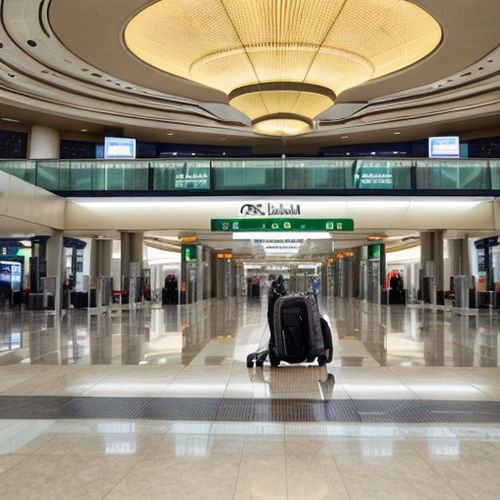
By Lily Simpson/Apr 11, 2025

By Samuel Cooper/Apr 11, 2025
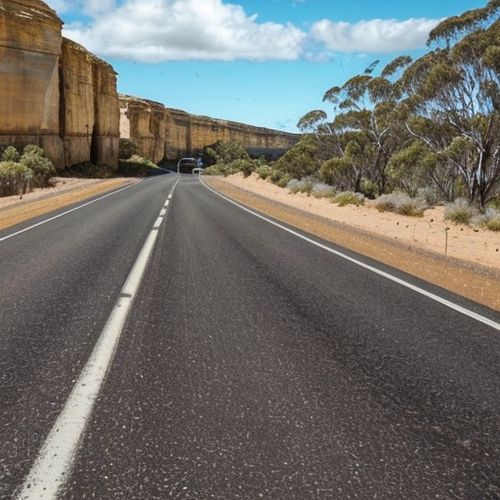
By Noah Bell/Apr 11, 2025

By Ryan Martin/Apr 11, 2025
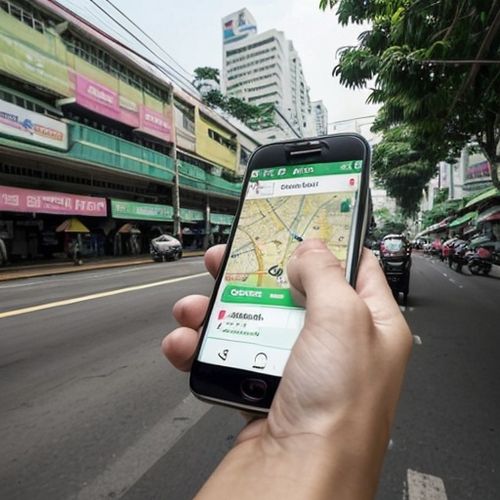
By John Smith/Apr 11, 2025
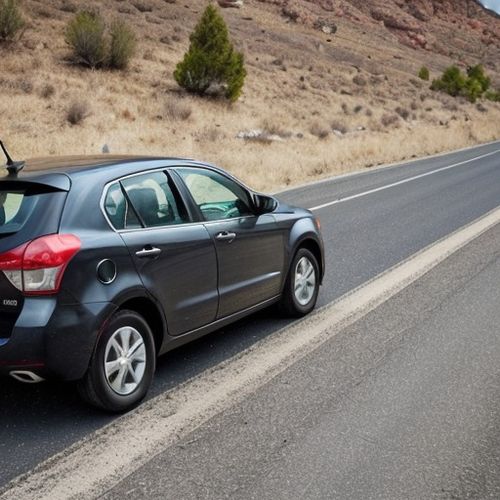
By James Moore/Apr 11, 2025
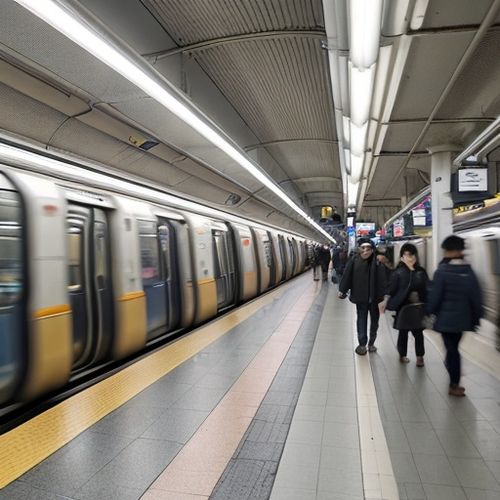
By Lily Simpson/Apr 11, 2025

By Thomas Roberts/Apr 11, 2025
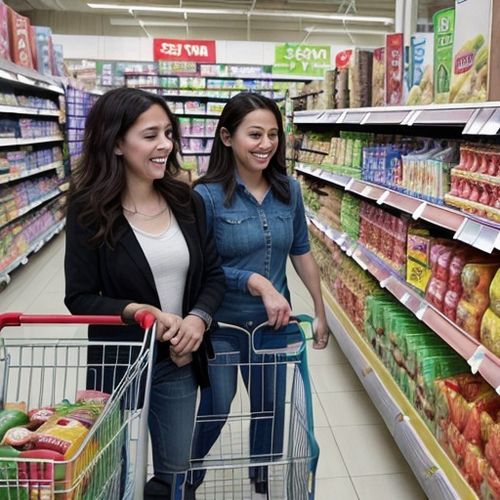
By Jessica Lee/Apr 11, 2025
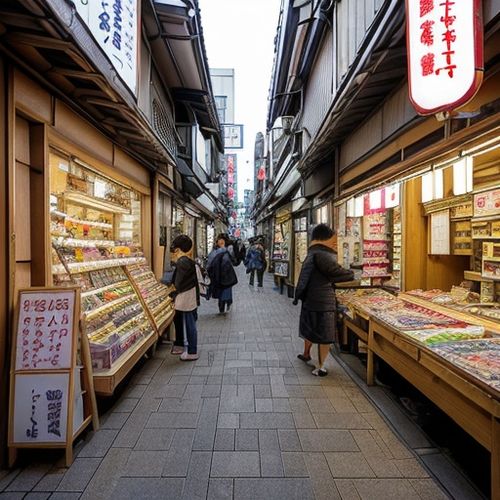
By William Miller/Apr 11, 2025
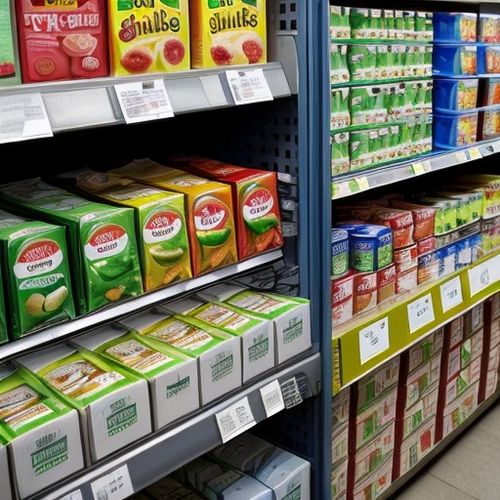
By Elizabeth Taylor/Apr 11, 2025
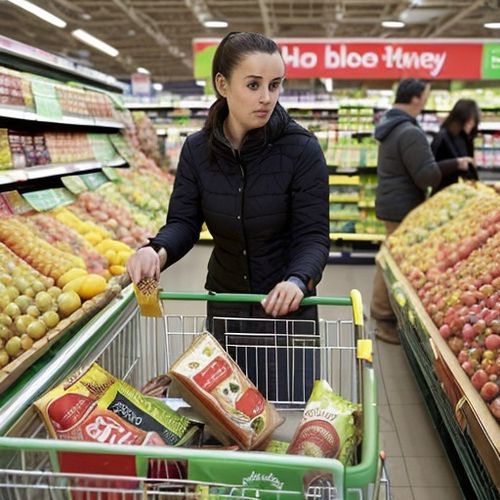
By Christopher Harris/Apr 11, 2025

By Eric Ward/Apr 11, 2025